News of the resumption of diplomatic relations between South Korea and Cuba is a shocking political development given the friendly relations between Cuba and North Korea.
According to Matija Šerić, a Croatian analyst specializing in geopolitics and foreign policy, on Eurasiareview.com on March 4, on February 14, the media unexpectedly reported that South Korea had established diplomatic relations with Cuba through its mission to the United Nations. In New York, the Cuban and South Korean ambassadors to the United Nations exchanged diplomatic notes and thus established formal diplomatic relations.
“The decision to establish formal relations between the two countries was made in accordance with the purposes and principles of the Charter of the United Nations, international law, and the spirit and rules established in the Vienna Convention on Diplomatic Relations,” the South Korean diplomatic mission said, after confirming that embassies will be opened in both countries.
 |
The news of the resumption of relations between Seoul and Havana is a shocking political development considering the friendly relations between Cuba and North Korea since the Cuban Revolution in 1959. Cuba has become the 193rd country in the world with which South Korea has established formal diplomatic relations. After establishing formal diplomatic relations with Cuba, Syria remains the only member of the United Nations that does not have diplomatic relations with South Korea.
Efforts to restore Korea-Cuba relations
The desire to thaw the frozen relations between Cuba and South Korea is not new. A closer look at Seoul’s foreign policy reveals that for nearly a quarter of a century, South Korean diplomats have sought to revive relations with Cuba since President Kim Dae-jung took office. During his tenure in 1999, South Korea supported a UN General Assembly resolution calling for the lifting of the US trade embargo on Cuba, a move that continued for years to come.
In June 2016, South Korean Foreign Minister Yun Byung-se expressed Seoul's intention to establish diplomatic relations with Cuba during his official visit to Cuba to attend the 7th Summit of the Association of Caribbean States (ASC). Yun then met with Cuban Foreign Minister Bruno Rodriguez for a private discussion. However, Cuba firmly refused to establish relations with South Korea because it did not want to "hurt" its relationship with North Korea.
For Cuba, the rapprochement between Seoul and Havana is clearly a joint initiative of mutual benefit. On the one hand, the Cuban economy remains in trouble: Cuba has been in economic crisis since the US imposed a trade embargo in 1960 and remains in effect, but the situation has been particularly severe in the past five years.
Cuba therefore sees South Korea as a potential partner that can help it because the Northeast Asian country is a developed economy. South Korea is the 4th largest economic power in Asia and the 12th largest economic power in the world. South Korea can supply Cuba with almost any product from food to the most sophisticated technology. Of course, the question is how the US will react and whether it will support South Korea in signing larger trade agreements with Cuba.
For South Korea, it wants to improve its position and prestige in the world, which is already high mainly due to its economic success with giant corporations such as Samsung, LG, Kia, Hyundai, SK Hynix, and at the same time expand its market for them. Over the years, South Korea has wanted to position itself as a factor of security, peace and prosperity in the region and the world.
This effort has always been present among South Korean policymakers, but it has gained momentum since President Yoon Suk-yeol took office in 2022. Mr. Yoon wants South Korea to become a stronger global player. South Korea can actually play a major global role by helping shape international relations, encouraging countries to adhere to internationally recognized rules, and mediating between developed and developing countries.
The United States and its partners in Asia and Europe have welcomed the Yoon administration’s broader diplomatic, economic, and strategic efforts beyond Asia. The establishment of South Korea-Cuba relations represents the culmination of Seoul’s diplomatic efforts to strengthen its position in Latin America and the Caribbean. Cuba is the only country in South America and the Caribbean that does not have formal relations with Seoul.
After establishing ties with Havana, the South Korean Foreign Ministry said it expected formal ties with Cuba to be a “significant turning point” in its efforts to strengthen ties with Central and South America. South Korea noted that Cuba is an important country in Latin America, as it has diplomatic relations with 190 countries and diplomatic and consular missions in over 100 countries, making it a key country in Latin America. The process of strengthening South Korea’s ties with Latin America is most evident in the growing cultural and people-to-people exchanges across the Pacific.
In line with President Yoon’s vision of South Korea as a country of global importance, South Korean companies will be able to establish a presence in Cuba once diplomatic relations are established. South Korea has already had a presence in Cuba and has some influence through tourism and the Korean community there. About 1,100 people of Korean descent currently live in Cuba. In the pre-COVID-19 era, an average of 14,000 South Koreans visited the island each year.
Lim Soosuk, a spokesman for the South Korean Foreign Ministry, said that expanding ties with Cuba would provide new business opportunities for South Korean companies and make it easier for the government to provide consular support to its citizens in that country. “In the future, our government will actively engage in further discussions with the Cuban government to promote friendship,” Lim concluded.
According to Tin Tuc Newspaper
Source


![[Photo] General Secretary To Lam chairs a working session with the Central Internal Affairs Commission](https://vphoto.vietnam.vn/thumb/1200x675/vietnam/resource/IMAGE/2025/5/22/3b7790f499da45b2803d8ae253207ef1)
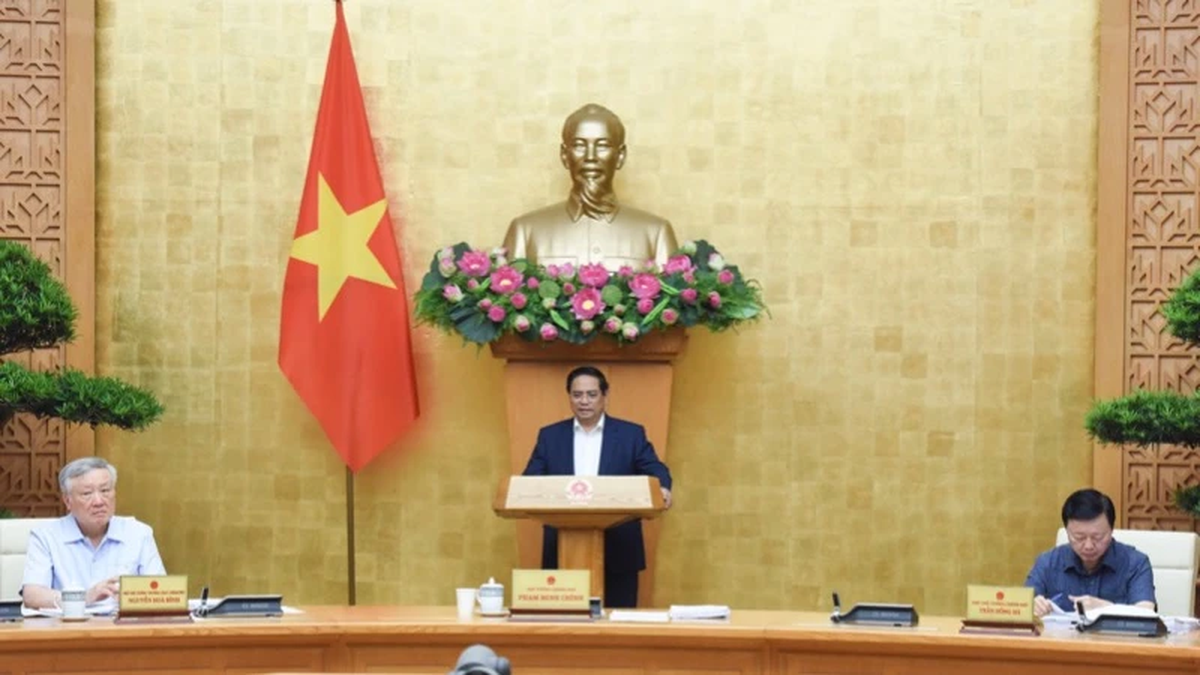


![[Photo] Prime Minister Pham Minh Chinh chairs the Government's special meeting on law-making in May](https://vphoto.vietnam.vn/thumb/1200x675/vietnam/resource/IMAGE/2025/5/22/1c880aae96fd4e0894abc47a46fe19ba)
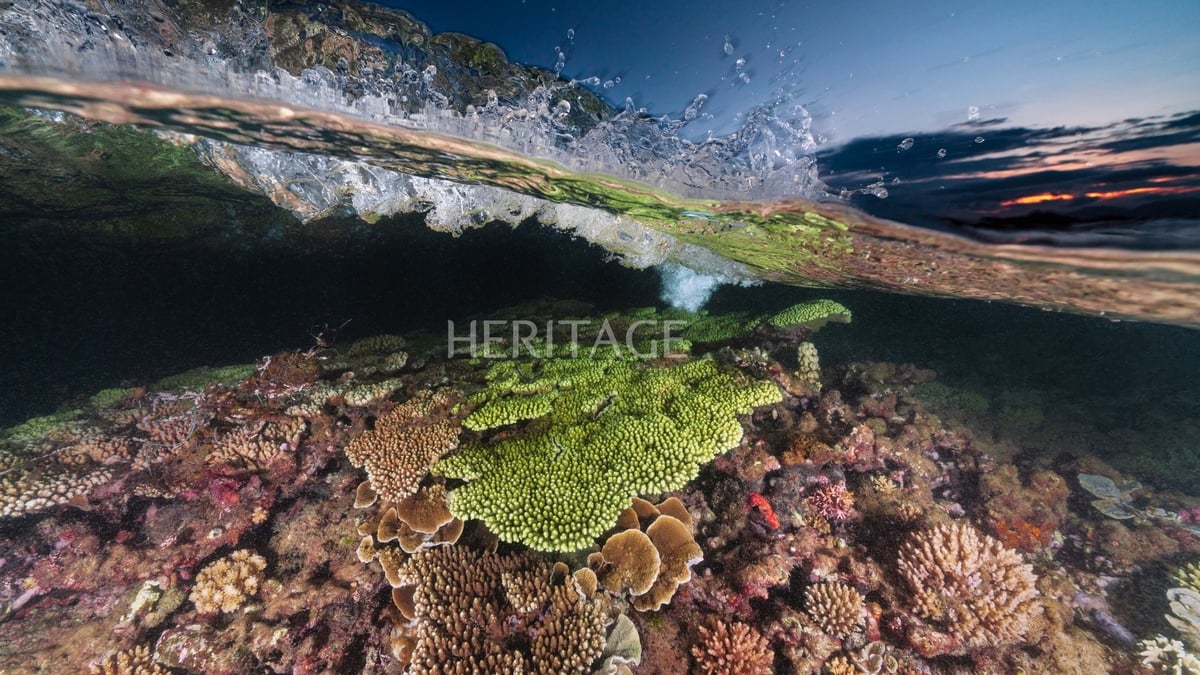




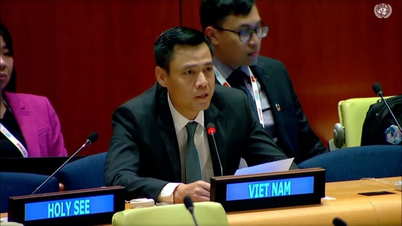

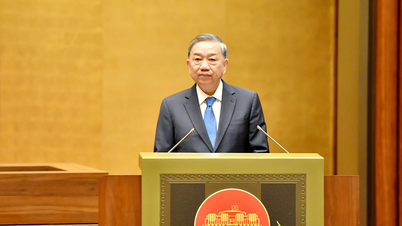
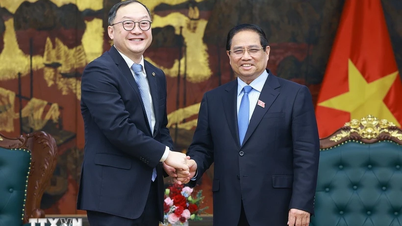

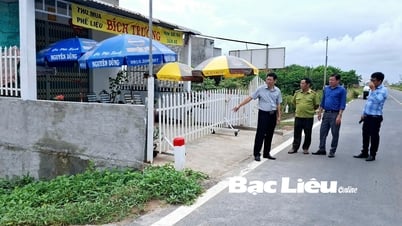





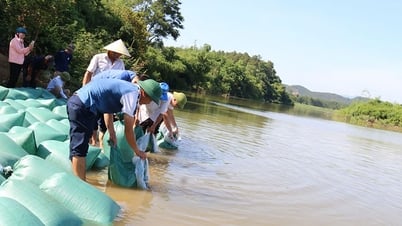





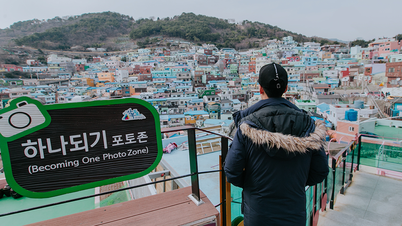



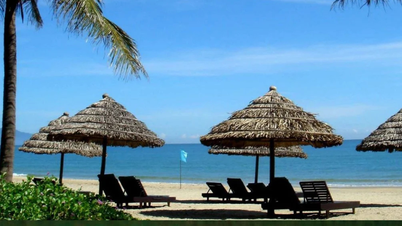







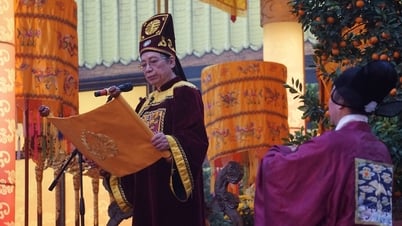

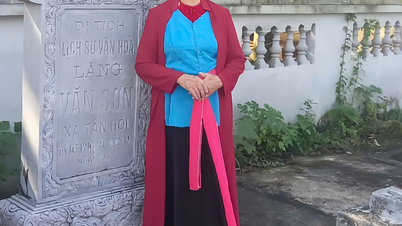












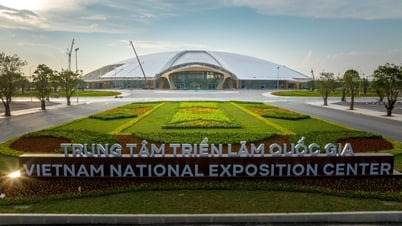

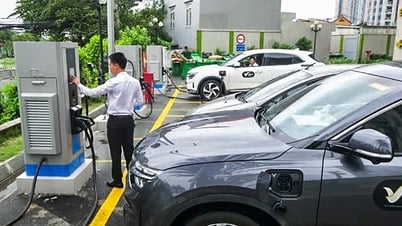
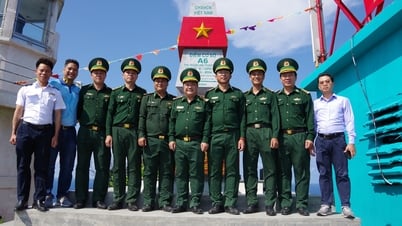







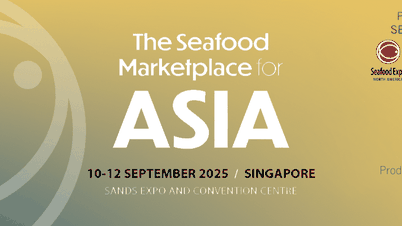

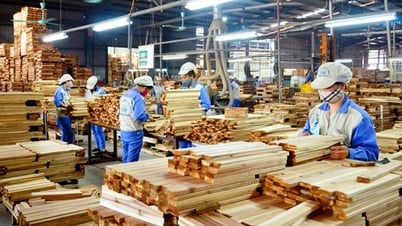


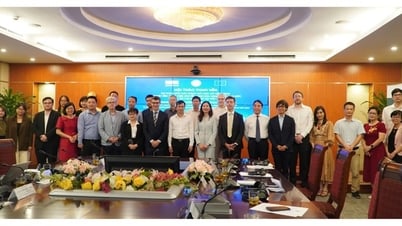

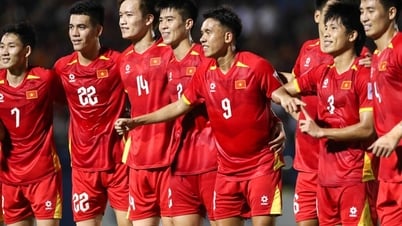
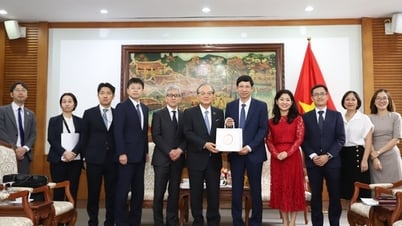
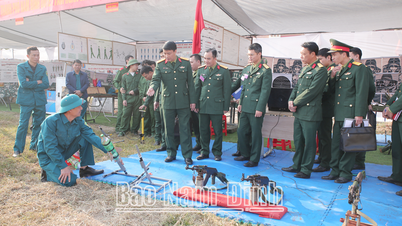

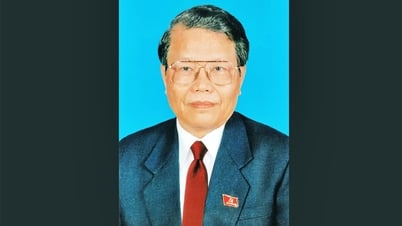

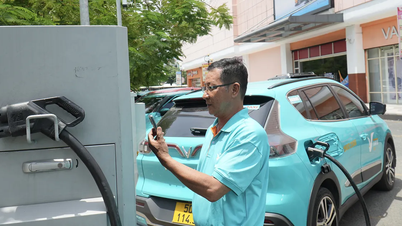

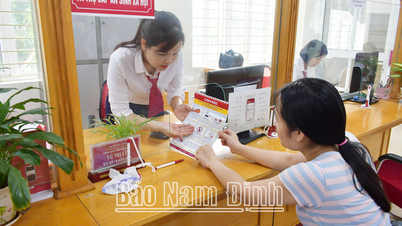
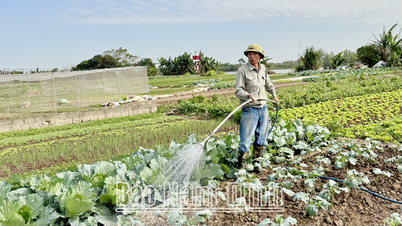




![[Podcast] Week introducing more than 500 OCOP products in Hanoi](https://vphoto.vietnam.vn/thumb/402x226/vietnam/resource/IMAGE/2025/5/22/d144aac2416744718388dbae3260e7fd)





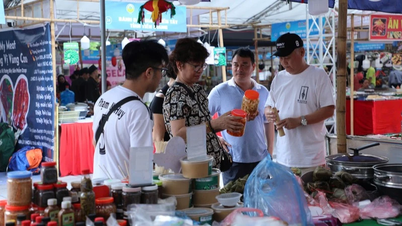
Comment (0)